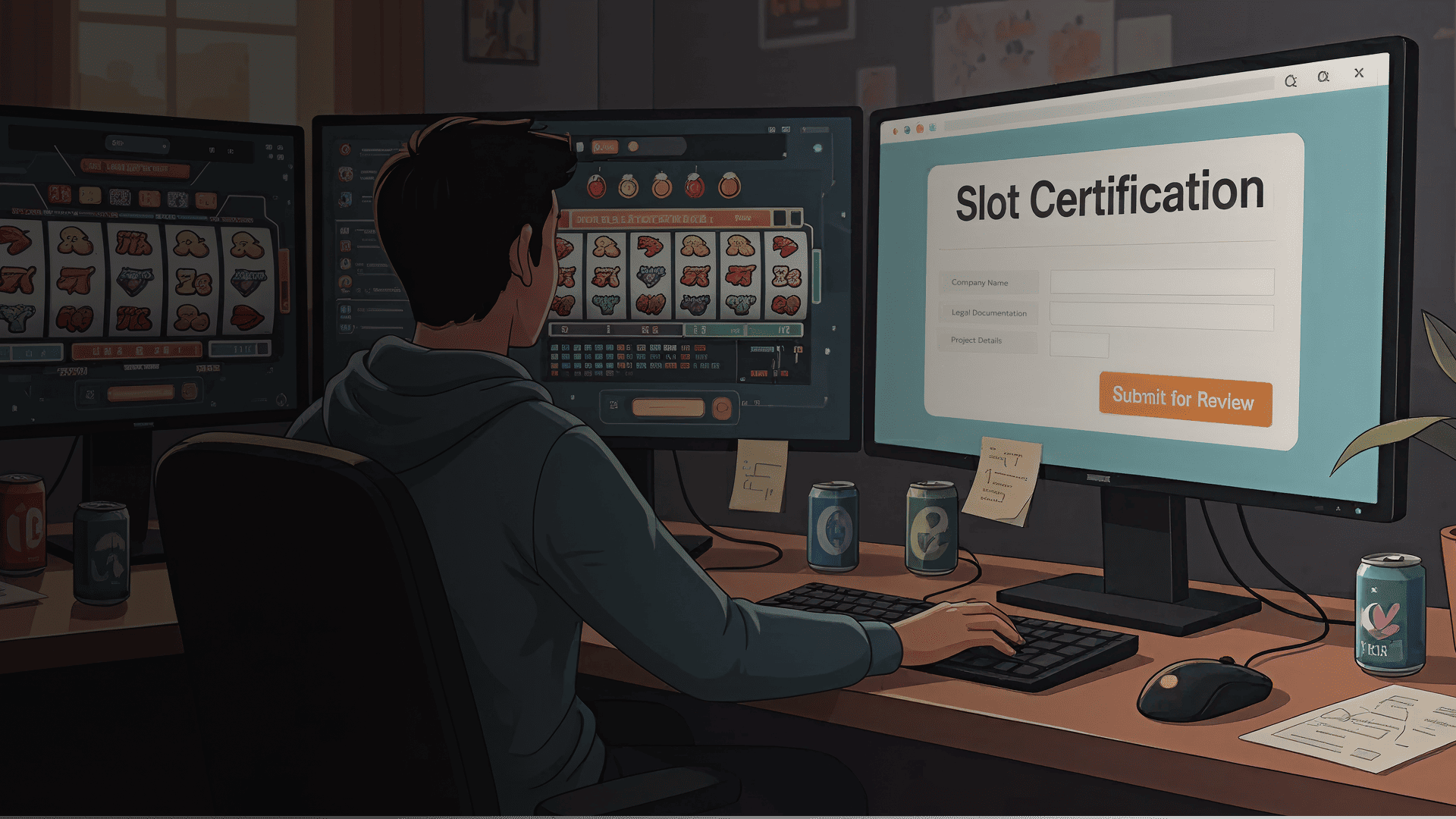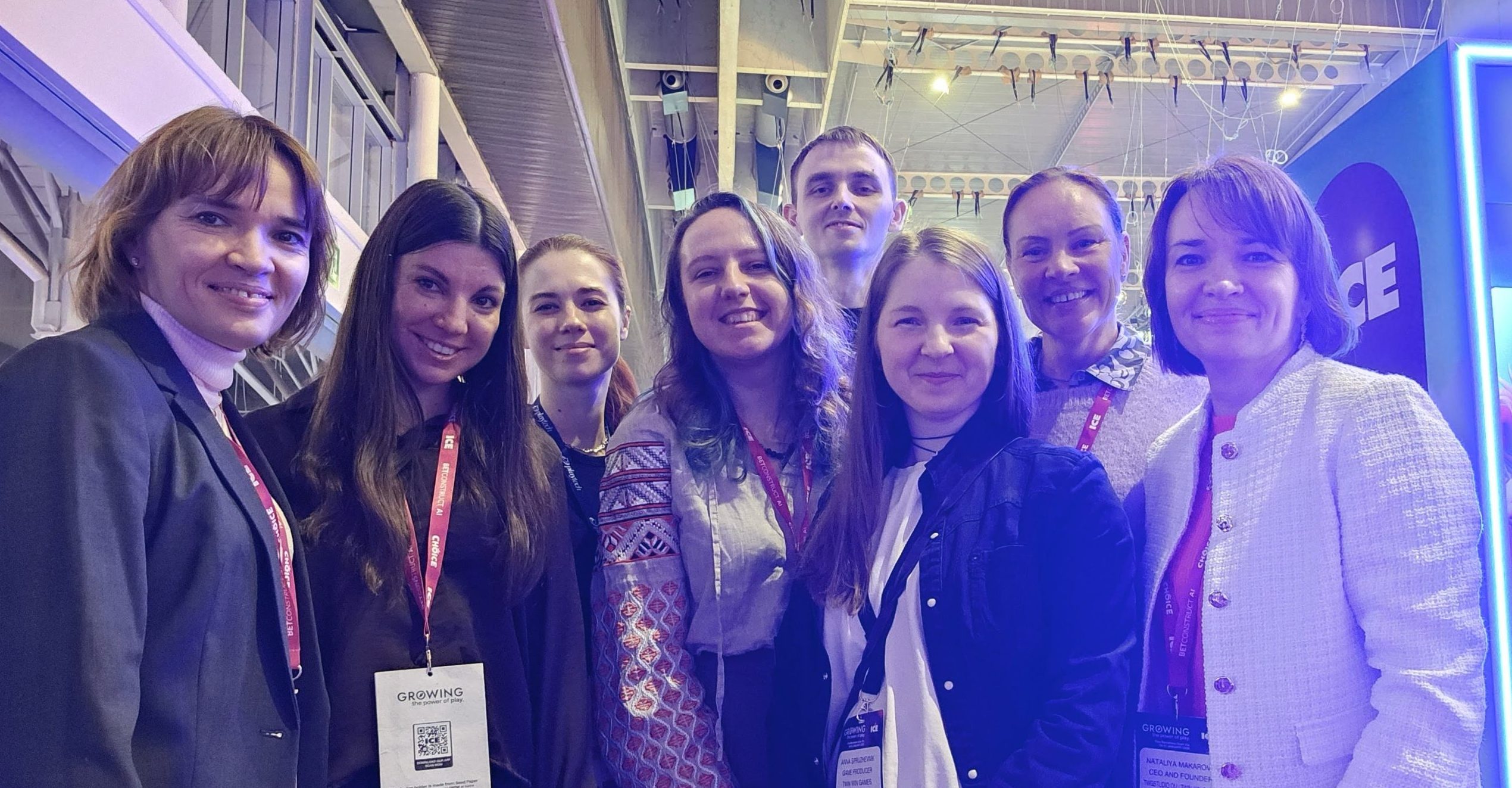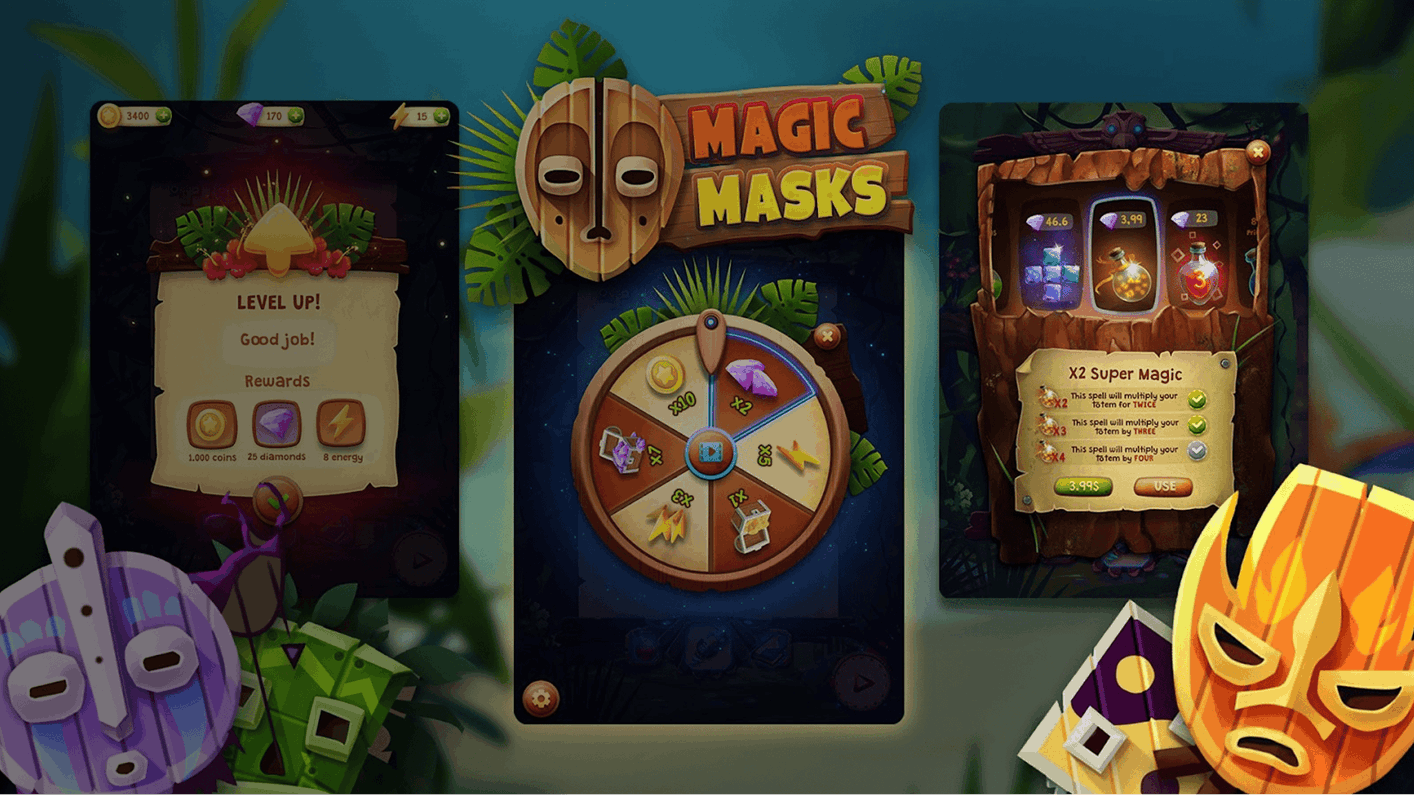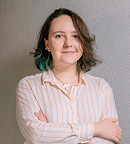Most slot projects face delays at the same point.
Not during art. Not during math.
They stall during certification.
Studios underestimate the compliance stage. Operators expect fast delivery. Labs demand strict requirements. If your game is not designed for certification from day one, you lose weeks or even months of roadmap time. And every month of delay translates directly into lost operator revenue and missed market opportunities.
At Twin Win Games, we build slot games that pass certification smoothly.
That comes from 710+ delivered projects, including titles for operators in the UK, EU, North America, and Asia, plus our own internally developed games like Bank Wagon Heist, which meets major compliance standards. This experience gives our clients a shortcut through the most common development and compliance pitfalls.
Below is a clear breakdown of how certification works and the questions every serious studio or operator must ask before development starts.
What Certification Actually Tests
A certification lab confirms that your game is safe, fair, and compliant.

The checks include:
- RNG and math verification. Testing labs verify millions of game rounds to ensure true randomness and mathematical accuracy
- RTP and volatility accuracy. Confirming advertised return-to-player percentages match actual performance
- Feature logic and edge cases. Testing all game features, bonus rounds, and edge-case scenarios
- Paytable, rules, and game documentation. Ensuring transparency and accuracy in player-facing information
- UX related to responsible gaming. Mandatory features like deposit limits, self-exclusion options, and risk messaging
- Error handling and audit logs. Verification of consistent logging, wallet calls, and recovery flows
- Integration behavior with RGS or platform. Testing compatibility with remote gaming servers
- Jurisdiction-specific requirements. Each market has unique technical and UX mandates
Market-Specific Requirements
A game that passes in Malta will not automatically pass in Ontario or Italy.
Each market has unique rules:
- Malta requires RNG certification for Type 1 games and may require eCOGRA certification
- Ontario requires certification by AGCO-registered Independent Testing Laboratories (ITLs) specifically, with all games certified before deployment
- Italy requires certification from ADM-approved testing houses with different tax regimes per game type
The development must reflect these differences from the start, not in the final sprint.
Why Certification Impacts Your Roadmap
Certification errors are expensive, and not just in lab fees.
A missing UX element or a minor math inconsistency creates:
- Additional QA cycles (2-6 weeks per iteration)
- Lab re-submissions ($5,000-$50,000 depending on complexity)
- Feature rewrites that cascade through your codebase
- Delayed operator launches (typical certification cycles: 2-4 months for standard slots, 4-6 months for complex games)
- Lost revenue during delays
- Potential regulatory penalties
Real stakes:
- In Malta, compliance violations carry penalties from €10,000 to €500,000, with possible imprisonment up to 5 years (source). One operator paid €2.34 million for violations (source).
- In Ontario, the AGCO has approved over 5,000 certified games in its first year (source), but only from operators who met strict technical standards.
Most delays happen not because the math is wrong, but because the development team was not building with certification in mind from day one.
This is where TWG adds value.
Our GLI-19 ready RGS infrastructure and proprietary PIXI-based game engine reduce development time by 30% and costs by 25%, while our process ensures the build is structured, logged, parameterized, and documented exactly the way labs expect.
The Questions Your Team Must Ask Before Development
Here are the questions we hear from experienced studios and operators. If these questions are not asked early, launch risk increases.
1. Which markets will the slot support?
Each jurisdiction has different rules for RTP, bet limits, features, and UX.
Cost impact: Ontario operators pay a $100,000 annual regulatory fee per gaming site. Technical system evaluations range from $5,000-$50,000 depending on complexity. Multiply these costs across multiple jurisdictions.
2. How many variants do we need?
Multiple RTP versions, feature toggles, or localization requirements affect both cost and structure.
Example: A single slot might need 3 RTP variants (94%, 96%, 98%), 2 feature configurations (with/without bonus buy), and 5 language versions = 30 potential combinations to test and document.
3. Are the development standards aligned with major labs?
Labs like GLI, BMM, eCOGRA, and SIQ follow strict documentation and testing flows.
Timeline reality: Initial certification typically involves comprehensive analysis of millions of game rounds. Expect minimum 90-120 days for first-time submissions in regulated markets like Ontario.
4. What is the expected certification timeline?
A development team must know typical lab cycles to avoid last-minute redesigns.
Typical timelines:
- Standard video slot: 2-4 months
- Complex multi-feature slot: 4-6 months
- Re-certification after changes: 4-8 weeks
- Multi-jurisdiction rollout: Add 6-12 weeks per additional market
5. Which features or UX elements may fail certification?
Common failure points:
- Autoplay restrictions – Many jurisdictions limit or ban autoplay features
- Win-cap rules – Maximum win limits vary by market
- Bonus-buy limitations – Some regions prohibit or restrict feature purchases
- Mandatory responsible gaming banners – Required display frequency and content varies
- Timing limits on animations – Maximum spin duration and animation speed requirements
- Session time limits – Mandatory breaks or warnings after extended play
6. Are logs, errors, and recovery flows implemented correctly?
Certification often fails due to inconsistent logging, wallet calls, or error handling.
Lab expectations:
- Complete audit trail of all game events
- Proper handling of disconnections mid-spin
- Accurate balance reconciliation
- Clear error messaging for all failure scenarios
- Timestamped logs with millisecond precision
7. Does the game architecture support easy localization?
Regions may require:
- Different volatility settings
- Different RTP configurations (some markets ban RTPs below 92%)
- Translated UI text with right-to-left language support
- Compliance icons and messages
- Currency and number formatting
- Cultural adaptations for symbols and themes
8. What are the total compliance-related costs?
More variants = more testing, more QA, more documentation.
Budget breakdown (per title):
- Initial lab certification: $15,000-$50,000
- Math model verification: $5,000-$15,000
- RNG testing: $3,000-$10,000
- Documentation and compliance review: $5,000-$20,000
- Re-certification for updates: $2,000-$15,000 per submission
- Ongoing monitoring and audits: $5,000-$20,000 annually
- Total for single-jurisdiction launch: $35,000-$140,000
- Each additional jurisdiction: +$20,000-$60,000
If your vendor ignores these questions, delays are inevitable.
Where Twin Win Games Helps
We do not certify your game. We develop your game to be certification-ready.
Our experience includes 710+ slot and casino titles built for major studios and operators including EA, Disney, Aristocrat, Relax Gaming, and Yggdrasil, across dozens of regulated markets. We’ve also certified our internally developed titles like Money Bunny Show, so we understand exactly how labs evaluate slot products.
Our comprehensive slot game development services are built around certification readiness from day one.
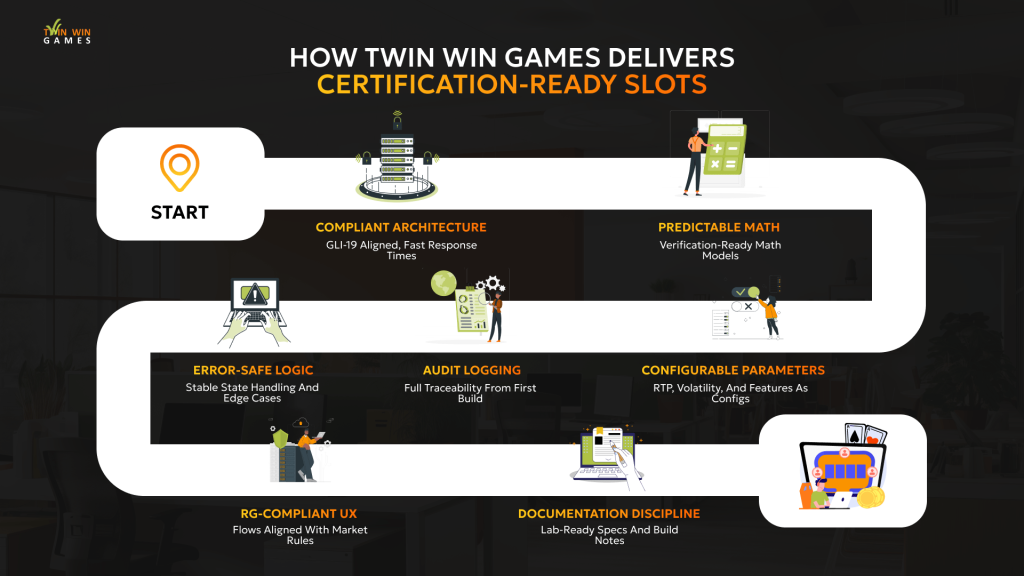
Our Certification-Ready Development Approach:
Compliant architecture from the first sprint – GLI-19 ready RGS with sub-90ms spin response times
Clean and predictable math structure – Built for verification, not just functionality
Correct handling of game states and errors – Every edge case documented and tested
Audit-friendly logging – Complete traceability from day one
Configurable RTP, volatility, and feature parameters – Easy variant management without code changes
UX flows aligned with jurisdiction rules – Responsible gaming features built in, not bolted on
Documentation and build discipline expected by labs – Comprehensive technical documentation that passes first review
The Result:
A slot game that reaches the market 30% faster and avoids expensive re-work that can cost $50,000-$150,000 in delays and re-submissions.
Client Success:
Our proprietary PIXI-based game engine reduces development time by 30% and costs by 25%, while maintaining certification-ready standards. With 110+ industry professionals and over 70% in senior roles, we’ve successfully navigated certification processes across UK, Malta, Gibraltar, Ontario, New Jersey, and multiple European markets.
Key Takeaways
Stop assuming certification is “a final step”. Start integrating certification requirements into development from day one.
Focus on:
✅ Compliant math and RNG logic – Built for lab verification with millions of test rounds
✅ Simplified, testable feature flows – Reduce edge cases and certification failures
✅ Configurable RTP and volatility – Support multiple jurisdictions without code rewrites
✅ Responsible gaming UX standards – Mandatory features integrated from the start
✅ Correct error and log handling – Complete audit trails that satisfy regulators
✅ Scalable architecture for multiple jurisdictions – One codebase, many markets
The Bottom Line:
Studios that prepare early reduce certification delays by 40-60% and hit launch dates consistently. Those that don’t face an average of 3-6 months in unexpected delays and $50,000-$150,000 in additional costs.
Ready to Build a Slot That Passes Certification Without Surprises?
We help studios and operators develop casino games engineered for regulated markets worldwide.
Schedule a 30-minute consultation to review your project’s compliance strategy.
Twin Win Games is a game development studio with 12+ years of experience and 710+ delivered projects. Our GLI-19 ready infrastructure and proprietary game engine help clients launch compliant slot games 30% faster across regulated markets including UK, Malta, Ontario, and beyond.
